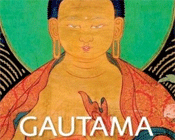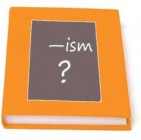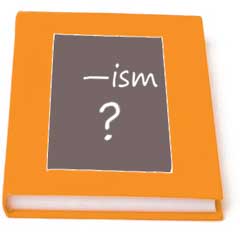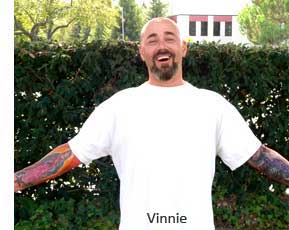Exchanging gifts is one of the highlights of the Christmas season – not to be confused with shopping for them, which is another experience altogether.
As children, our first impression of this holiday is that it’s when we get stuff. Later, assuming our parents have made a decent job of raising us, we discover other things even better – notably, the joy of giving.
Unfortunately, the season has also come to be associated with expectation – expecting good cheer, expecting to get the gift we asked for and, most elusive of all, expecting that when we get just what we ask for, it’ll make us happy.
These are treacherous expectations; is there any other kind? It’s fine to be humble, but even humility needs its fair share of timing, discernment and skill.

One Christmas long, long ago (1984 if my memory serves) I sat down to Christmas lunch with my brother and his family in British Columbia. The snow was piled high, our mother was in from England for the holidays, the house was festive with lights, delicious fragrances wafted through the house and I was getting used to life on the outside.
No, I hadn’t been in jail; I’d recently returned from my life as a Buddhist monk.
At first, I’d been a bit of an embarrassment to my family. What would you say to friends who ask, “So, how’s young Stephen then? What line of business is he in?”
Mum, ever the diplomat, found ways to explain me away while exhibiting her proper motherly pride; my brother, however, never did know how to place me in the scheme of things – or perhaps he was just too polite to express it.
Blessing what you ask for
As we sat down to eat, my young nephew and niece plied me with questions about my formerly exotic life, and the question came up of how Buddhists celebrate Christmas.
“Well, they don’t,” I explained. “They’re not Christians.”
“Not Christians?” My niece was baffled. “Don’t they believe in God then?”
“Actually no,” I answered, “Although, that’s a different thing.”
“What do you mean?” asked David, my nephew.
I was perfectly happy to explain my past, as well as the belief system of my old Tibetan teachers – a people not very different from us, as I’d discovered over eight years – but my brother seemed to think it best to pre-empt these foreign topics, and interjected with a question of his own.
We were just gathering around the table – its centrepiece a large roasted turkey – and he asked, “Well since you know so much about the Tibetans, perhaps you could say grace, and bless our meal.”
“Alright,” I assented, and chanted a short prayer I’d learned years before – not so much a blessing as a hopeful wish, and added a note of my own.
“So what did all that mean?” my mother asked me cheerfully.
“Well,” I explained, “I apologised to the turkey for taking its life and thanked it for donating its body to our Christmas table. Then I offered a wish for it to be reborn as a human being and the hope that it would live a long and generous life.”
Half way through my brief explanation, my brother had jumped up to cover the ears of his daughter as if I’d been detailing the medieval method of garrotting a condemned prisoner.
My mother was shaking her head and nervously repeating, “Oh dear. Oh dear,” and my sister-in-law was shaking her head in disbelief, muttering, “Good God!”
David was grinning from ear to ear.
I sat back and watched this reaction in equal disbelief. Only then did I realise that I’d been expected to entertain them, like a performing Buddhist monk.
The heart of listening
To think of all my years, all my effort and all my good intentions being reduced to nothing more than a show, was insulting indeed. I’d never suspected such condescension, even from my own family, and had taken my brother’s request at face value.
We didn’t talk much that Christmas, but we did all learn a lesson about speaking at cross purposes.
In time, I realised that there’s far more to understanding people than listening to what they say. Getting a clear sense of what’s in another person’s heart takes real listening skills. Acquiring those skills is a lifetime’s work.
In fact, there’s no greater gift you can give another person than a truly open ear.
What do you want for Christmas?
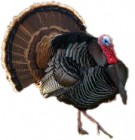

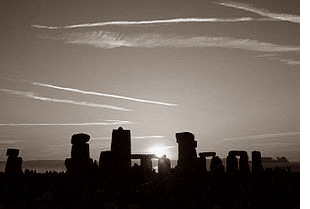



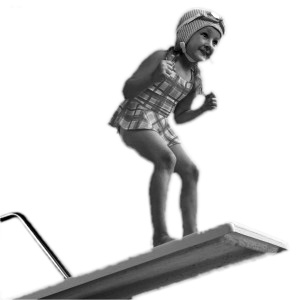 Like everyone, I sometimes find myself in situations so difficult that I don’t want to admit they’re ‘situations.’ You can’t face your fears without admitting that you have to do something about them, and that shuts us all down from time to time.
Like everyone, I sometimes find myself in situations so difficult that I don’t want to admit they’re ‘situations.’ You can’t face your fears without admitting that you have to do something about them, and that shuts us all down from time to time.